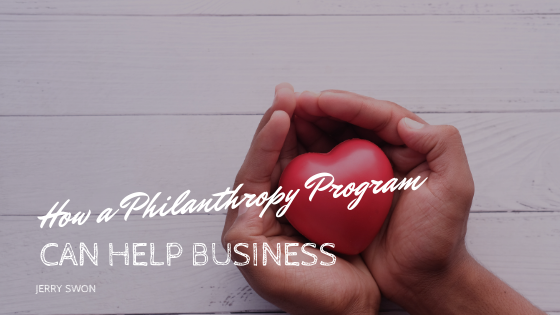Leading a community during challenging times requires unique skills and strategies. Influential leaders must rise to the occasion when faced with pressure and uncertainty, providing their community guidance, support, and stability. Consider these strategies for leading your community well under pressure, drawing from proven techniques to help you navigate crises and emerge stronger as a leader.
Maintain Clear Communication
Clear and transparent communication is vital during times of pressure. Keep your community informed about the situation, challenges, and steps being taken to address them. Provide regular updates, share relevant information, and address concerns promptly. By being open and accessible, you foster trust and keep your community engaged and informed.
Display Calm and Resilience
As a leader, remaining calm and composed during challenging times is essential. Projecting a sense of calmness and resilience reassures your community and instills confidence. Manage your emotions effectively, demonstrating that you can handle pressure and adversity while focusing on the community’s overall well-being.
Lead by Example
During times of pressure, leaders must lead by example. Set the tone for your community by displaying the behaviors and attitudes you expect from others. Show empathy, compassion, and understanding, and encourage collaboration and unity. When your community sees you modeling the values and behaviors you promote, they are more likely to follow suit.
Foster Collaboration and Support
Create an environment that encourages collaboration and support among community members. Facilitate open communication channels and provide platforms for people to share ideas, concerns, and solutions. Encourage teamwork, empathy, and mutual support, as these elements can help your community navigate challenges together, fostering a sense of unity and resilience.
Adapt and Innovate
Under pressure, leaders must be adaptable and willing to embrace change. Encourage your community to think creatively and explore innovative solutions to the challenges. Foster a continuous learning and improvement culture where new ideas are encouraged and tested. By fostering adaptability and innovation, you position your community to overcome obstacles and emerge stronger.
Prioritize Self-Care
Leading under pressure can be demanding, both physically and emotionally. To effectively lead your community, prioritize self-care. Take care of your own well-being by managing stress, maintaining a healthy work-life balance, and seeking support when needed. By looking after yourself, you ensure that you can continue to lead with clarity, focus, and resilience.
Leading a community during challenging times requires unique skills and strategies. Remember, effective leadership is about providing solutions and supporting and empowering your community members. Implementing these strategies fosters unity, resilience, and growth, even in the most challenging circumstances.





